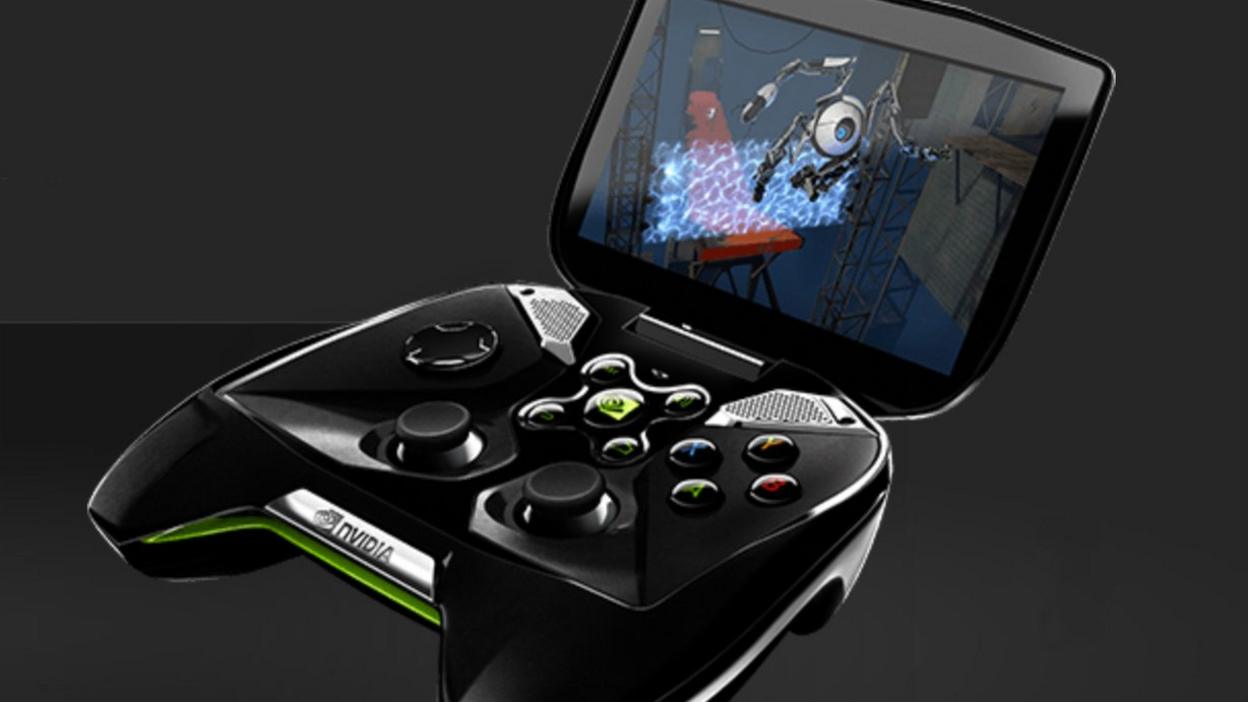Nvidia readies new Android/PC games machine
- Published

Nvidia has shown off the graphics power of the chip that will be included in the device
Nvidia is to launch a new gaming device that can link up to a PC's graphics card to supercharge its own processing power when used in a different location, the BBC has learned.
The company will offer a budget-priced separate controller for the Android device, which can also stream PC games to a TV via its HDMI-out port.
That may pose a challenge to the forthcoming Steam Machine games PCs.
But analysts note that Nvidia's earlier Shield handheld console has struggled.
"I think it's fair to say that Shield sold reasonably poorly," said Ed Barton, a games industry analyst at the consultancy Ovum, who has now seen the new device.
"And if the new device requires your PC to have a relatively new Nvidia GPU [graphics processing unit] to make use of its abilities, that will really limit its addressable market."
The BBC understands the device will run PC titles via Nvidia's GeForce Experience system, which does require the PC to be fitted with one, external of Nvidia's more powerful graphics cards.
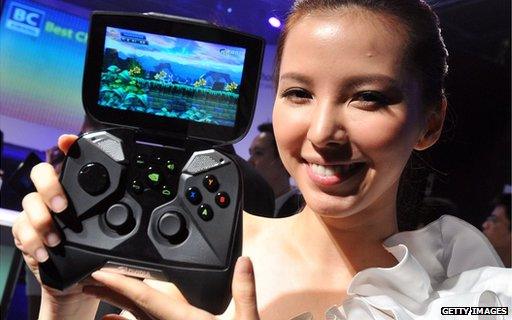
Nvidia's Shield generated headlines at 2013's CES tech show but has not been a bestseller
It will, however, be able to run Android games natively via Nvidia's new Tegra K1 chip.
The company recently showed off the mobile chip, external - which includes both an ARM-based central processing unit (CPU) and a 192-core GPU - at Google's I/O developers conference where it powered the graphics-intensive Unreal Engine 4 games software.
The new device may in part be intended to provide a showcase for the chip in order to encourage other tablet and smartphone manufacturers to adopt it.
As yet it has only been used in a small number of devices, including a tablet from the Chinese Xiaomi, a smart TV by Lenovo and Google's experimental 3D-gesture-sensing Project Tango tablet.
A spokeswoman for Nvidia would not confirm the details of the device beyond saying that the company had an "awesome new gaming product that is launching soon".
Hardcore mobile gaming
The machine's ability to play PC games on a TV set threatens to disrupt Valve's plans to launch Steam Machines - living-room PCs running its Steam games platform built by third parties.
Valve recently announced it had delayed the launch of the tech until 2015.
The appeal of Nvidia's device is that it would combine the ability to offer graphics-intensive gaming in the living room and on the road via its low-cost add-on controller, as well as being able to be used as a standalone device to run the full range of Android apps, including productivity software.
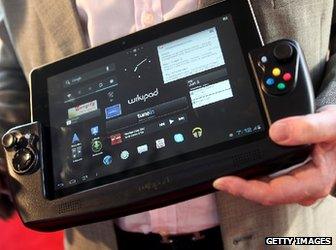
The Wikipad - released in 2012 - was another attempt to launch an Nvidia-powered Android gaming device
The existing Shield handheld can also run non-gaming Android apps and support streamed PC games out-of-home via wi-fi as a test "beta" feature, but its bulky controller-centric form factor has limited its appeal to a niche subset of hardcore players.
One industry watcher suggested the new machine might also find it difficult to find an audience.
"Sony's PlayStation Vita already offers the best core console gaming experience on the move, and take-up of that device has been all right but not great," said Nick Parker, a games analyst at Parker Consulting.
"There are another number of devices that have tried to extend the Android mobile gaming experience, but experience has shown that people above a young age seem happier to play on a standard smartphone or tablet rather than travel with multiple devices.
"It could be the case that this is some kind of lab test. Nvidia may not be so interested in how many it sells, but rather the feedback it obtains to help it understand Android gaming on other devices and longer-term portable viability."
- Published28 May 2014
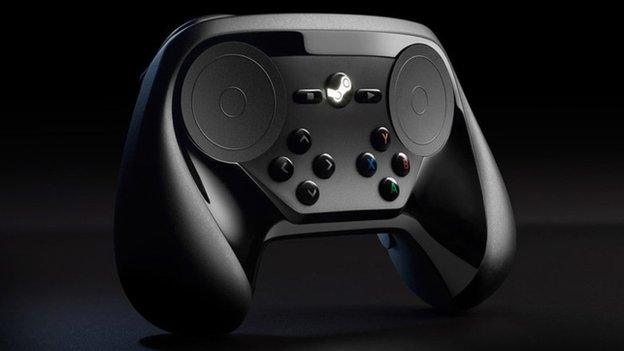
- Published15 May 2013
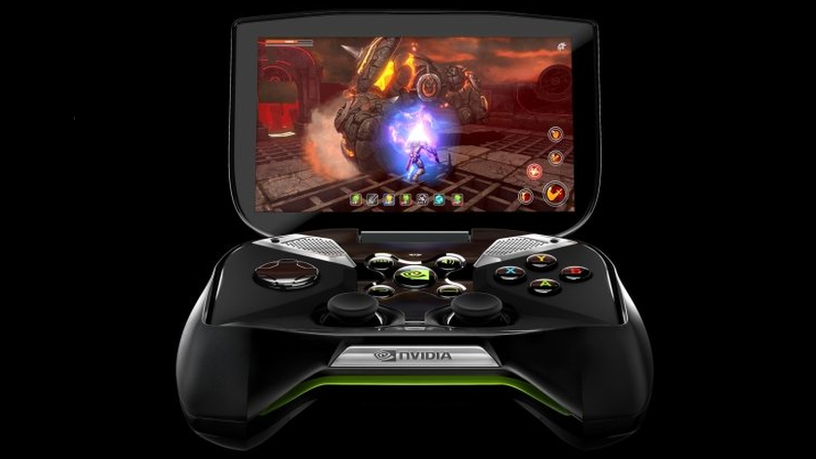
- Published12 January 2013
